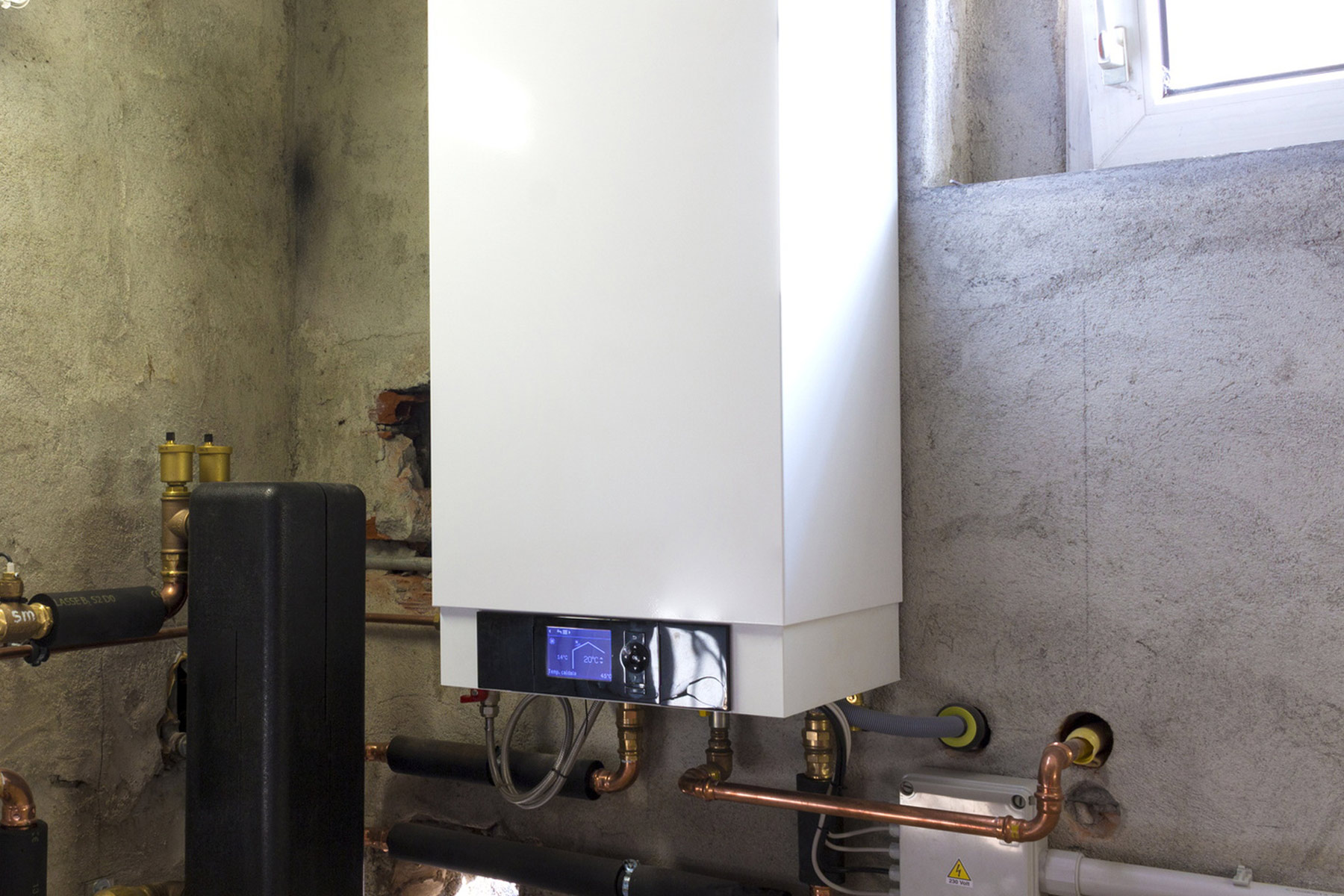Debt can feel overwhelming, but it doesn’t have to stand in the way of your financial goals. Whether you’re trying to pay off high-interest credit cards or build a strong savings foundation, a clear and actionable plan is the key to regaining control of your finances.
Once you’ve crushed your debt, you’ll have more freedom to focus on building wealth and securing a stable financial future. Here’s a step-by-step guide to help you eliminate debt and start growing your wealth.
Understand and Assess Your Debt Situation
The first step in tackling your debt is understanding the full scope of your financial obligations. Make a list of all your debts, including credit cards, personal loans, car loans, student loans, and mortgages. Be sure to note the balance, minimum payment, and interest rate for each one.
Calculate Total Debt and Interest Rates
Knowing the total amount of debt and the interest rates for each loan will help you prioritize which debts to tackle first. Focus on high-interest debt, such as credit card debt, as it accumulates the most costly interest over time.
Good Debt vs. Bad Debt
It’s important to differentiate between “good debt” and “bad debt.” For example, a mortgage or student loan is often considered good debt because it typically has lower interest rates and can contribute to building wealth (e.g., property value or earning potential). In contrast, high-interest credit card debt is considered bad debt because it drains your finances with little to no long-term benefit.
Create a Debt Repayment Plan
Once you have a clear understanding of your debt, it’s time to create a structured repayment plan.
Debt Snowball vs. Debt Avalanche
There are two popular strategies for paying off debt:
- Debt Snowball: Focus on paying off the smallest debt first while making minimum payments on the others. This method gives you quick wins, building momentum as you eliminate smaller debts.
- Debt Avalanche: Focus on paying off the debt with the highest interest rate first, which saves more money over time. This method is ideal if you want to minimize the amount of interest you pay.
Choose a Strategy
Decide which method aligns best with your financial situation and personality. The debt snowball method may keep you motivated with quick wins, while the debt avalanche method will save you more money in the long run.
Consider Debt Consolidation
If you’re dealing with multiple high-interest debts, debt consolidation could be a useful option. Debt consolidation involves combining all your debts into a single loan with a lower interest rate, which can make repayment easier and more affordable.
Debt Consolidation in Australia
Debt consolidation Australia can be an effective way to reduce monthly payments and simplify your financial situation. It may involve taking out a personal loan to pay off credit cards or consolidating existing loans into one, often at a lower interest rate. However, it’s important to evaluate whether the fees and long-term commitment are worth the potential savings. If done correctly, debt consolidation can help streamline your payments and get you closer to financial freedom.
Cut Unnecessary Expenses and Increase Savings
The next step in crushing your debt is to reduce unnecessary spending and free up more money for debt repayment and savings.
Track Spending Habits
Review your monthly expenses and identify areas where you can cut back. This could include reducing takeout meals, canceling unused subscriptions, or finding cheaper alternatives for recurring expenses.
Create a Realistic Budget
Building a budget is crucial for ensuring that you have enough money to cover your essential expenses, savings goals, and debt repayments. Try using the 50/30/20 rule, which allocates 50% of your income to needs (housing, groceries), 30% to wants (entertainment, travel), and 20% to savings and debt repayment.
Increase Your Income
While reducing expenses is important, increasing your income can accelerate your debt repayment and wealth-building efforts. Consider picking up a side hustle to generate additional income. This could include freelancing, tutoring, or starting an online business. Even part-time work can make a significant impact on your finances.
If you’ve been performing well at your job, now might be the time to ask for a raise or promotion. An increase in your salary can provide extra cash flow to put toward debt repayment or investments.
Build an Emergency Fund
An emergency fund is a crucial safety net that prevents you from falling deeper into debt when unexpected expenses arise, such as medical bills or car repairs. Aim to save at least 3-6 months’ worth of living expenses in an emergency fund. This will give you peace of mind and protect you from relying on credit cards or loans in times of need.
Consider automating your savings by setting up automatic transfers from your checking account to a dedicated emergency fund account. This ensures that you’re consistently saving, even when life gets busy.
Start Investing for the Future
Once you have a handle on your debt and have built an emergency fund, it’s time to start investing. Investing is crucial for building wealth and securing your financial future.
Why Investing is Important
Investing allows your money to grow over time through compound interest. The sooner you start investing, the more time your money has to grow.
Begin with Low-Cost Investments
For beginners, low-cost investments like index funds, ETFs, and retirement accounts are great options. If you’re in Australia, contributing to superannuation is a smart way to save for retirement while benefiting from tax advantages. An estate plan, which includes a will or trust, ensures that your assets are passed on according to your wishes. This is an important step in securing your financial legacy.
Crushing your debt and building wealth is a journey that requires discipline, planning, and consistency. By understanding your debt, creating a repayment plan, cutting unnecessary expenses, increasing your income, and investing for the future, you’ll be well on your way to achieving financial freedom.
Consider exploring options like debt consolidation in Australia to simplify your repayment process and save on interest. Stay committed to your plan, and over time, you’ll see your debt shrink and your wealth grow.





